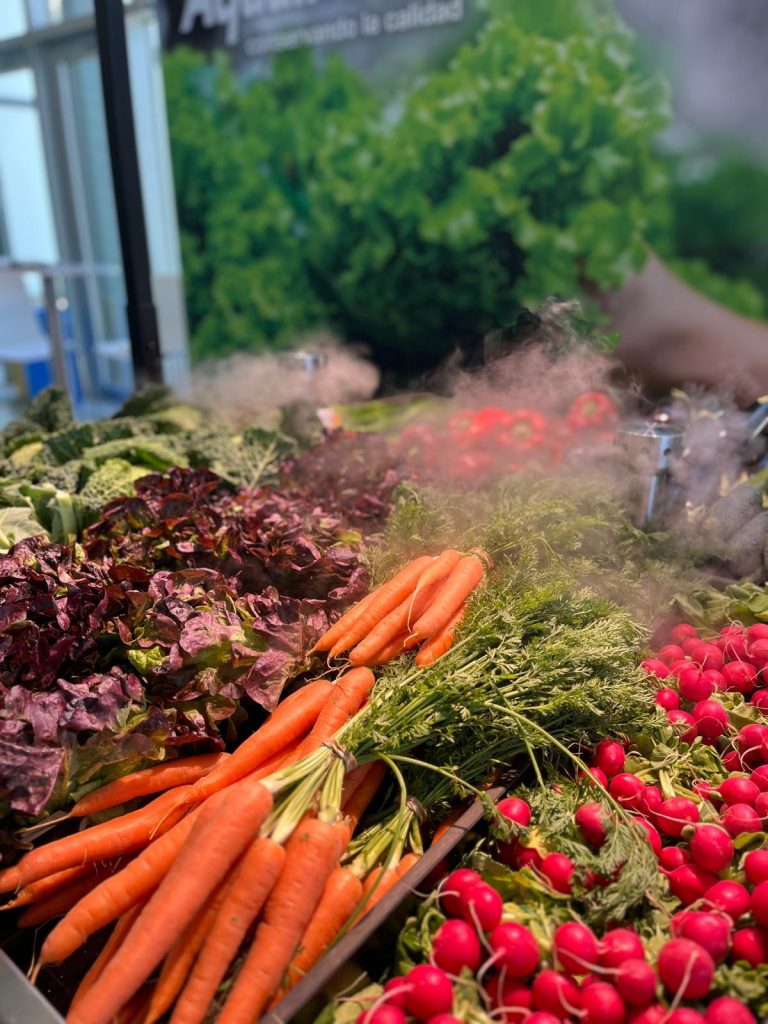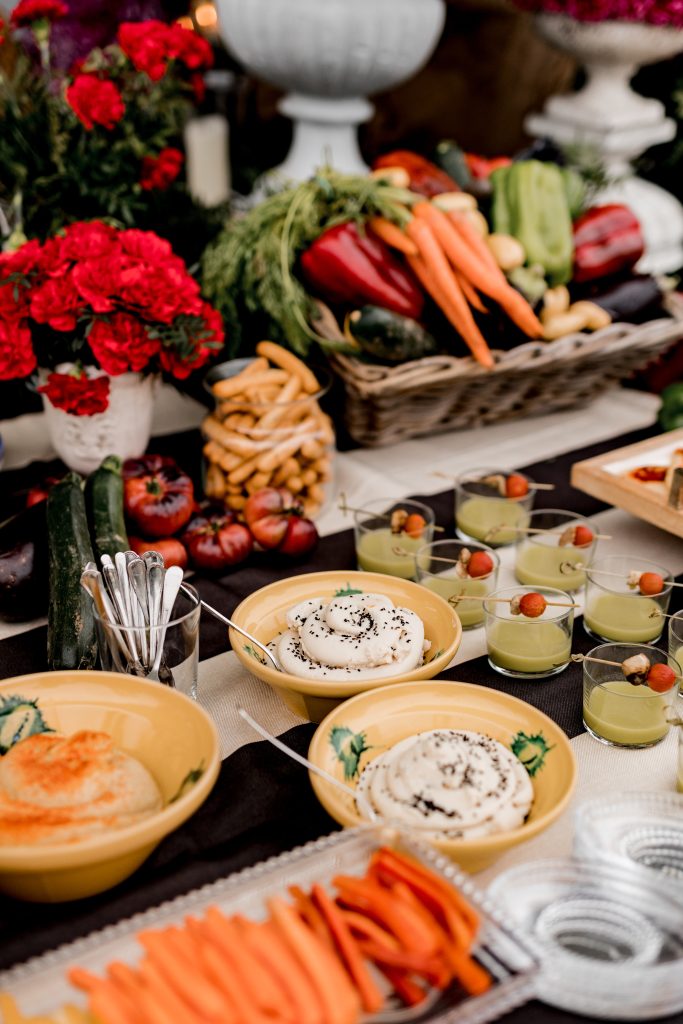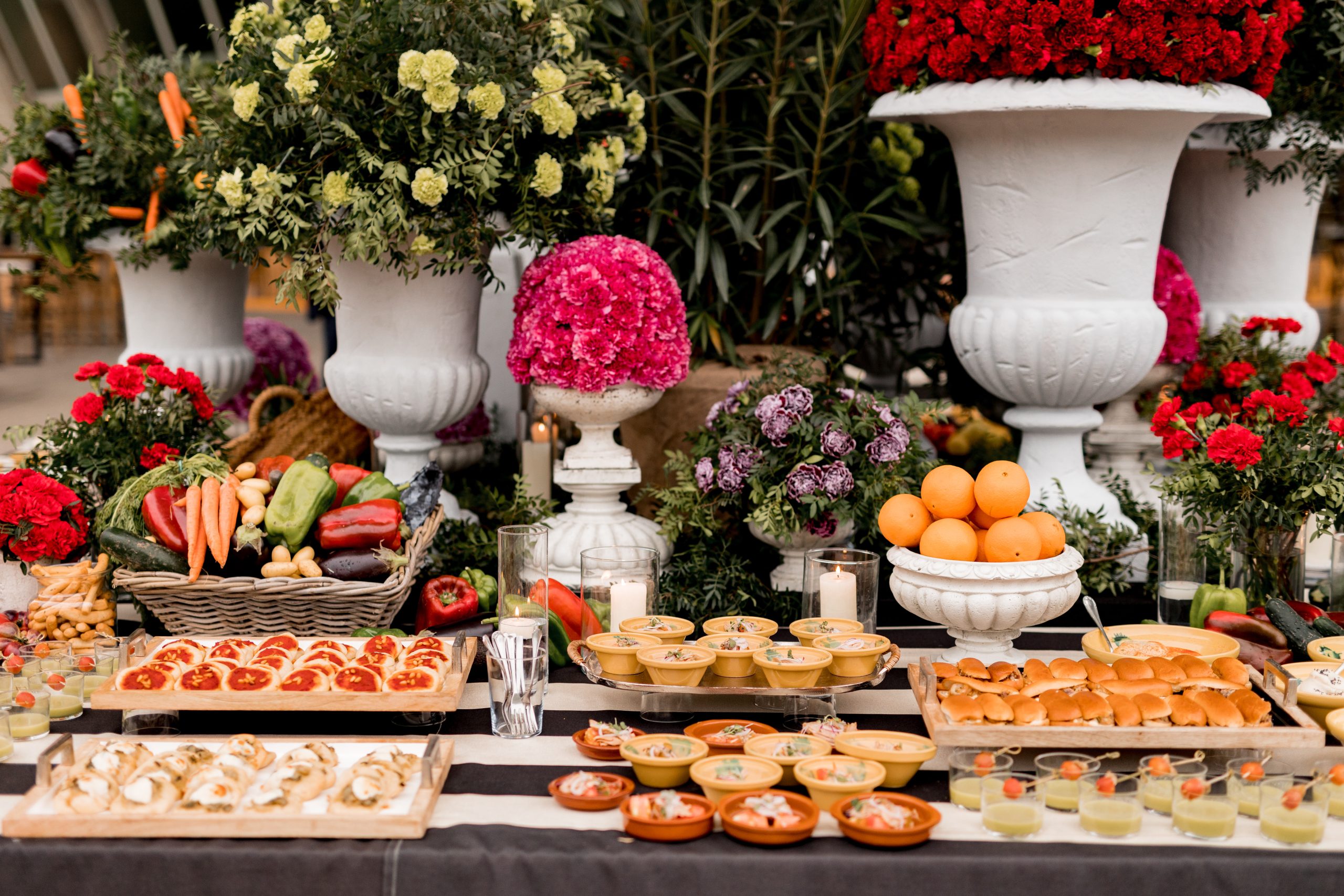With the entry into force of Law 1/2025 on the Prevention of Food Loss and Waste, Spain is taking a significant step toward a more sustainable and responsible management of food resources. At Gourmet Catering & Eventos, as a leading company in sustainability within the catering sector, we analyze what this regulation means for our operations and how we are ready to lead the change.
What Does Law 1/2025 on Food Waste Establish?
The new legislation requires all actors in the food supply chain to implement measures to prevent, reduce, and repurpose food surpluses. One of the most notable requirements is the obligation for bars and restaurants to offer reusable or recyclable containers free of charge so customers can take home leftover food.
Does the Law Also Apply to Professional Catering?
Not exactly. Unlike traditional hospitality businesses, catering companies are governed by specific food safety regulations that prohibit handing over leftovers to guests after an event.
This is due to the particular nature of catering services, where traceability is more complex, and stricter health and safety standards apply. According to the law, the obligation to offer leftovers does not apply to services with unlimited food availability, such as buffets or banquets. In such cases, this exception must be clearly communicated, preferably on the event menu or program.
What Can Be Done with Food Surpluses in Catering?
Although it is not permitted to give leftover food directly to clients, it is possible to donate non-consumed food, provided legal and sanitary requirements are met.
Thanks to the efforts of the National Catering Business Association and its dialogue with authorities through the MICE Forum, the regulation now recognizes controlled donation of surplus food by catering companies.
Foods That Can Be Donated:
- Dry or shelf-stable products: rice, pasta, nuts, packaged pastries
- Properly packaged goods: milk, canned foods, yogurts, oils
- Products with extended shelf life: cured meats, hard cheeses, frozen or pasteurized foods
- Whole, undamaged fruits and vegetables
Foods That Cannot Be Donated:
- Food displayed for direct consumption (e.g., buffets, cocktail receptions)
- Raw preparations such as sushi
- Items made with fresh eggs or unpasteurized creams
- Shellfish, fresh fish, or unpasteurized fresh cheeses
What Are the Legal Obligations for Catering Companies?
Although we are exempt from offering containers to guests, the law imposes other key responsibilities for professional catering companies:
- Food Waste Prevention Plan: all companies must have a documented plan in place to identify and minimize food waste.
- Collaboration with Social Organizations: Donation of surpluses to non-profit organizations is encouraged, as long as legal conditions are met.
- Hierarchy of Uses: The regulation prioritizes prevention, followed by human consumption, animal feed, and finally composting or energy recovery.
Gourmet Catering & Eventos: Sustainability as a Real Commitment
At Gourmet Catering & Eventos, we have long been committed to a conscious and responsible gastronomic model. We were pioneers in obtaining the international IFS Food Progress certification, which validates our high standards in food safety and quality. In 2023, we were honored with the Hostelería Valencia Award for Sustainable Gastronomy.
NARIA: Technology Against Food Waste
Since 2023, we have been collaborating with NARIA, an innovative blockchain-based platform that enables efficient surplus management. Thanks to this partnership, between April 2023 and May 2025 we have achieved:
- Donated over 8,300 kg of food, equivalent to more than 19,800 meals for people in vulnerable situations
- Avoided more than 20,800 kg of CO₂ emissions, significantly reducing our carbon footprint
- Expanded the system to new venues, such as the Víctor Villegas Auditorium in Murcia, following its success at the Valencia Conference Centre
We currently collaborate with organizations such as the Food Bank of Valencia and Segura, the Ayuda a una Familia Foundation in Valencia, and the Remar Foundation in Murcia.
A Real Opportunity for Sustainable Change
The Food Waste Prevention Law is not just a legal requirement—it is an opportunity to redefine the catering model towards a more ethical, efficient, and environmentally responsible gastronomy.
At Gourmet Catering & Eventos, we will continue to innovate, collaborate with social organizations, and train our teams so that every event becomes a benchmark for excellence, sustainability, and social responsibility.




